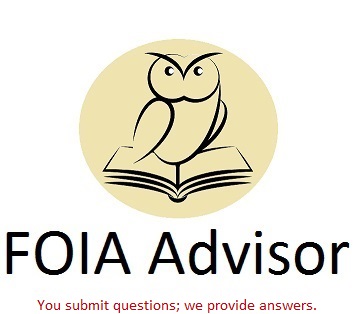Mar. 29, 2024
McKathan v. DHS (D.D.C.) -- deciding that: (1) plaintiff’s request to DHS for all records mentioning his “name, address, phone number, the investigation number listed in a seizure custody receipt, or subscriber or identifying information about U.S.-based users of ‘imgsrc.ru’” was not reasonably described, and plaintiff failed to exhaust his administrative remedies; (2) State Department conducted an adequate search in response to plaintiff’s similarly broad request; and (3) denying plaintiff’s request for discovery from DHS and the State Department; denying his request for Vaughn indices from DOJ and EOSUA, which were still processing plaintiff’s requests; and denying an expedited summary judgment schedule.
Mar. 28, 2024
Clay v. Dep’t of the Navy (M.D. Fla.) -- dismissing case as moot after determining that agency had released all previously withheld records disputed by plaintiff.
Staszak v. DOJ (D.D.C.) -- finding that plaintiff failed to exhaust his administrative remedies with respect to his requests to EOUSA and FBI pertaining to his son’s criminal conviction, noting that plaintiff obtained his son’s express written consent for those agencies to search for and process responsive records only after filing suit.
Mar. 27, 2024
Groenendal v. EOUSA (D.D.C.) -- ruling that (1) EOUSA and ICE performed adequate searches for various records pertaining to plaintiff’s imprisonment on child pornography-related charges; and (2) EOUSA properly withheld certain records pursuant to Exemptions 3, 5, 7(C), and 7(E), and met any applicable foreseeable harm requirement.
Mar. 26, 2024
James Madison Project v. Office of the Dir. of Nat'l Intelligence (D.D.C.) -- on renewed summary judgment, concluding that the government properly redacted a report containing ODNI’s intelligence assessment regarding the source of Havana Syndrome” pursuant to Exemptions 1, 3, and 7(E); stating further that the government “would easily satisfy” the foreseeable harm requirement if plaintiffs had contested it, noting that reasonable foreseeable harm “is always present when the Government properly invokes exemption 1, because significant harm from disclosure is a requirement for classification in the first place.”
Summaries of all published opinions issued in 2024 are available here. Earlier opinions are available here.
